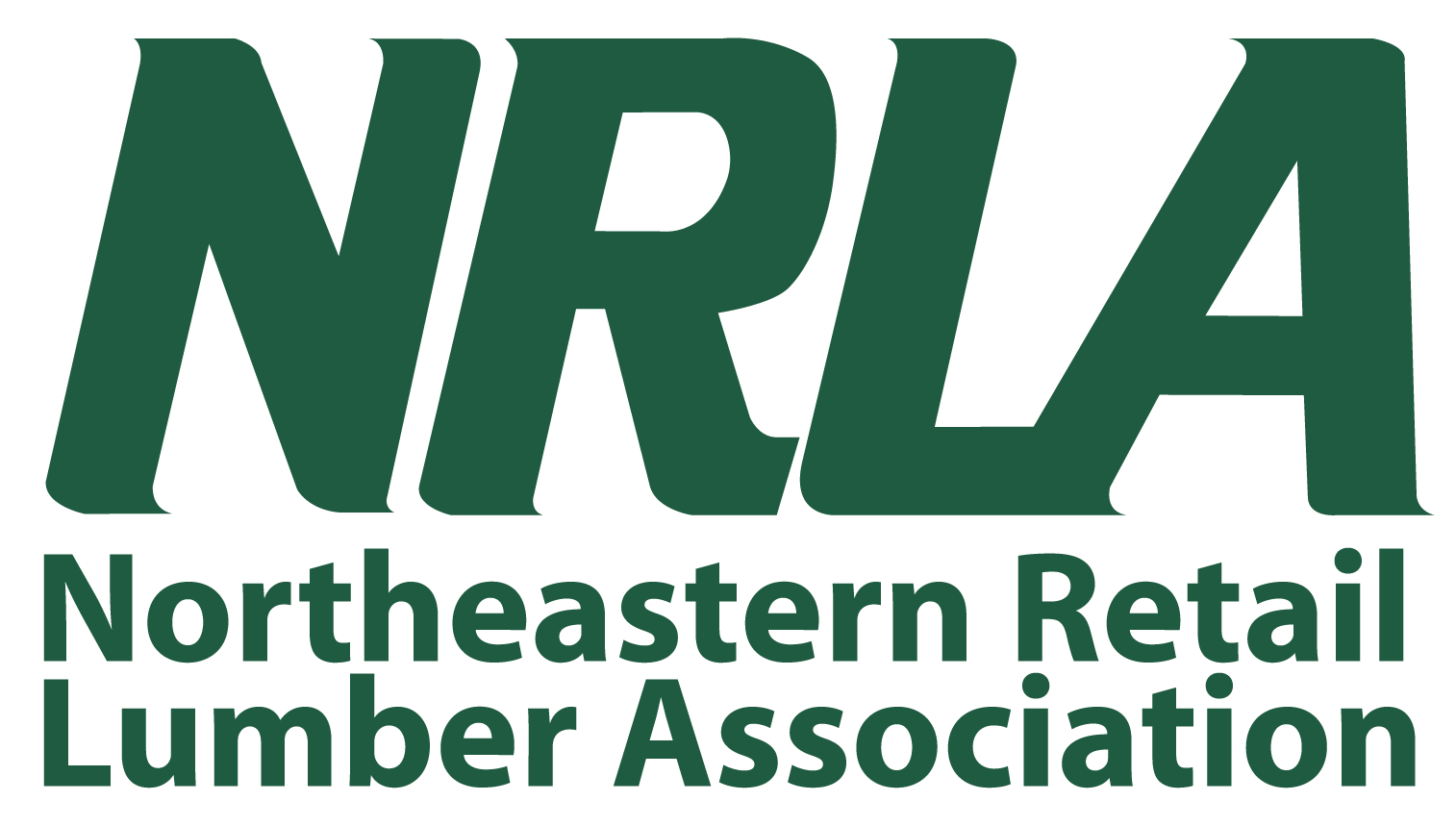Massachusetts Registry of Motor Vehicles (MA RMV) Issues New Truck Side Guard Safety Rules
The MA RMV has released its final regulations implementing a newly enacted law requiring the installation of lateral protective side guard devices, convex mirrors, crossover mirrors, and backup cameras on any heavy-duty vehicle classified as Class 3 with a gross vehicle weight rating of 10,001 or more pounds that is used to service a contract with the Commonwealth of Massachusetts. These regulations do not apply to private deliveries or contracts with municipal governments.
Starting Dec. 31, 2025, the owner of a vehicle subject to these regulations must certify to the RMV, in a manner prescribed by the registrar, that the vehicle is equipped with the required safety devices. The RMV will make that document available in the near future. Once a vehicle is certified, the certification remains valid for all future Commonwealth contracts, provided the vehicle remains in compliance with the regulations.
Vehicle owners may apply for a waiver from any or all of the requirements on a form to be created and supplied by the RMV. Within 30 days of receiving a waiver request, the RMV may grant a waiver for a vehicle that cannot comply with the requirements due to its design, operation, or other safety considerations.
The regulations provide for alternative means of compliance, which may include any combination of vehicle body, fuel tanks, tag axles, toolboxes, or purpose-built side guards that create a smooth surface flush with the vehicle sidewall and meet all required dimensional and strength specifications. The RMV must approve the use of alternative compliance methods.
The Commonwealth’s contracting agency must review contractors’ submissions to the RMV for certification or waiver requests and confirm that the required documentation has been submitted. These regulations apply to contracts with the Commonwealth after Jan. 1, 2025, but enforcement will not begin until Dec. 31, 2025.
Contracting agencies that identify noncompliance with the regulations may enforce them through:
- Any remedies contained in the contract between the contractor and the agency.
- Fines of up to $500 for the first offense and up to $1,000 for the second or subsequent offense.
Trump Administration Moves to Repeal Clean Truck Rules
The Advanced Clean Trucks (ACT) rule, which has halted the sale of new diesel heavy-duty trucks in Massachusetts, has been challenged by the Trump administration, which has asked Congress to determine whether the Biden administration’s approval of state waivers for the rules was lawful.
Under the Congressional Review Act, Congress has the authority to review and reject rules and regulations issued by federal agencies. The new Environmental Protection Agency leadership opposes these rules, citing the high cost of electric trucks and the resulting price increases for consumers. Environmental advocates have promised to challenge the repeal effort.
To date, the Healey administration has not acted on requests from the MRLDA and a coalition of more than 50 companies and trade associations seeking a delay in implementing these rules in Massachusetts. The coalition plans to push for a state budget amendment that would delay implementation when the budget is debated this spring. In addition, 16 members of the House and Senate have filed legislation to delay the rule’s implementation.
Governor Rejects New Tolls and Congestion Pricing to Fund Transportation Projects
Governor Maura Healey recently announced plans to invest $1.8 billion to repair the state’s transportation infrastructure, with nearly 40% of the funding allocated to improving MBTA service. Her proposal relies heavily on revenue from the so-called “millionaire’s tax” surcharge.
Healey did not include any proposals to increase existing tolls or expand tolling statewide. She also rejected calls from advocates to implement rush-hour congestion pricing in urban areas.
Local Option Vehicle and Deeds Excise Tax Surcharges
Healey recently filed legislation that would allow cities and towns to raise revenue locally to support operational expenses. The bill includes a provision authorizing communities to levy an additional 5% surcharge on the existing motor vehicle excise tax, which is currently set at $25 per $1,000 of a vehicle’s valuation. A similar proposal was rejected by the Legislature last session.
Legislation has also been refiled to allow municipalities to impose an additional transfer fee on real estate transactions to fund affordable housing initiatives. Cities and towns would be authorized to set the transfer fee between 0.5% and 2% of the purchase price and decide whether the fee is paid by the buyer, the seller, or shared between both parties.
To enact the surcharge, the proposal would require approval from two-thirds of the local appropriating authority and voter approval in a municipal or state election. Similar proposals were considered and rejected during the last legislative session.
New Legislative Rules Envision More Debate
The Massachusetts House and Senate have proposed significant changes to legislative rules to ensure more bills receive debate by the full membership of both chambers.
The Legislature operates on a two-year session, with a deadline for recorded votes on bills set for July 31 of the second year. This deadline has allowed committees to hold bills for months, often resulting in legislation being stalled or killed without public debate. Under the proposed rules, committees would be required to vote on a bill within 60 days of its public hearing. Committees could request a 30-day extension, but they would be prohibited from holding a bill in committee beyond February of the second year.
Current legislative practices have led to the consolidation of multiple issues into large omnibus bills, which often stall at the end of the session. The proposed rules aim to give smaller bills individual consideration without requiring them to be attached to larger legislative packages.


